A lot of people fall into the trap of thinking vitamin a (retinal, retinol) is an exfoliant. But it’s a different type of ‘ant’. An antioxidant. And we’re here to set the record straight.
The confusion is only natural, given (for many) it is not uncommon to experience redness or flaking when first introducing retinoids into your skincare routine. And that can be mistaken as a sign that the product has helped to remove or shed dead skin cells - what an exfoliant would do.
There are some similarities between the two, sure. But some pretty stark differences.
Here’s what you need to know.
Similarities:
When used cautiously and correctly, both vitamin a and exfoliants (AHAs, BHAs) can yield incredible results for your skin. They help to lighten, brighten, even your skin tone. Smooth skin texture. Clear congestion. And therefore leave you with healthier and plumper looking skin.
But these results are the extent of their likeness.
Differences:
It’s all in the how.
Vitamin a sinks a little deeper and encourages your skin to turnover at a faster pace, and generate healthier cells. It helps to regulate the shedding of dead skin cells, not remove them.
The takeaway: Works in the skin. Encourages turnover.
Exfoliants actually (gently) strip your skin of these dead cells, which sit on the surface of your immaculate face, breaking down the ‘glue’ that holds dull, cloggy cells together, and forcing them to bugger off.
The takeaway: Works on the skin. Actually removes unwanted skin.
So I should be using both?
Yes! 1793%! Both these ingredients make for a very transformative skincare routine.
But we recommend you don’t use vitamin a and an exfoliant in the same nightly routine. There is a much higher likelihood of irritation when you combine the two and this can result in lasting damage to your skin barrier. So try vitamin a one day, and an exfoliant the next.
The Internet calls this Skin Cycling. We call it: Bloody useful.

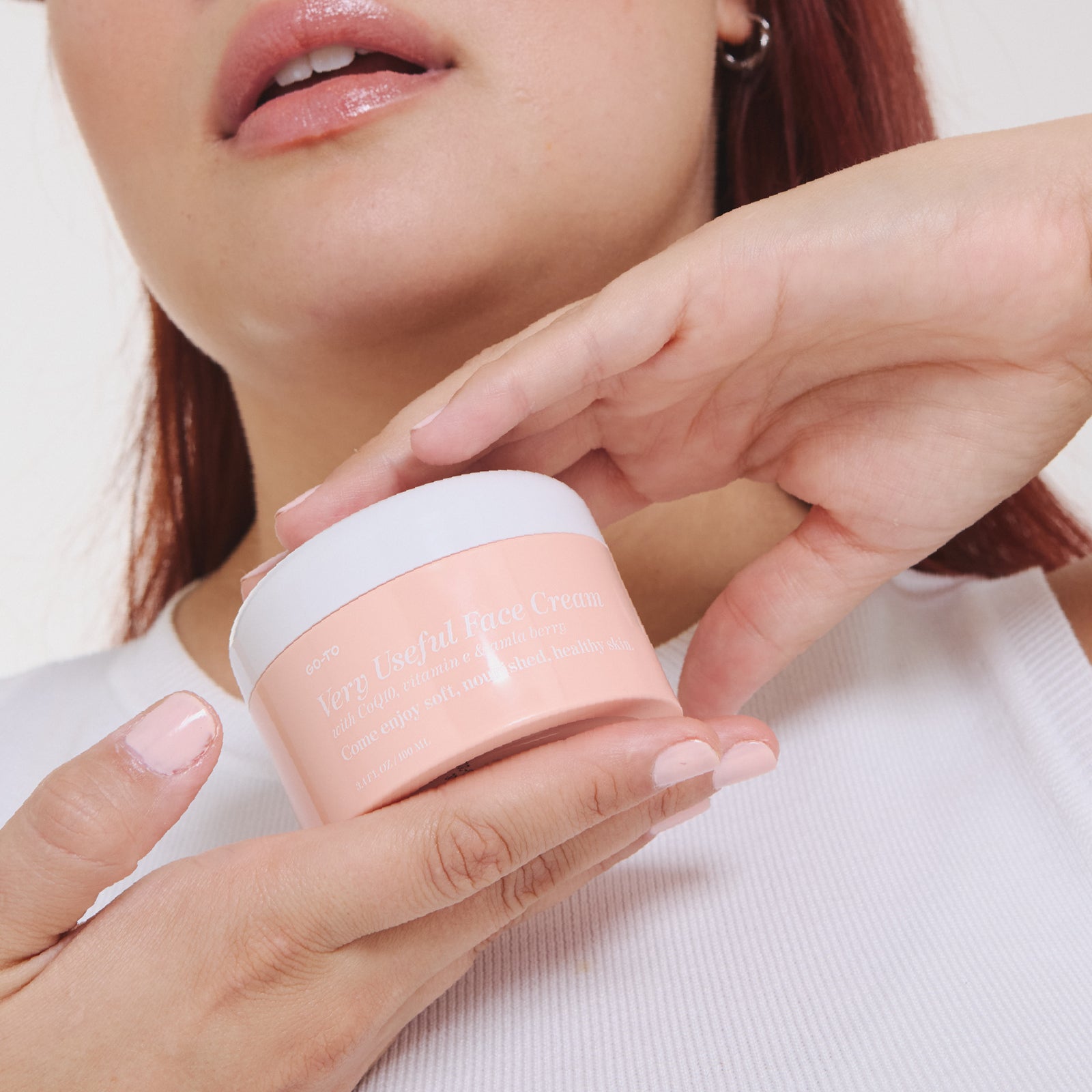



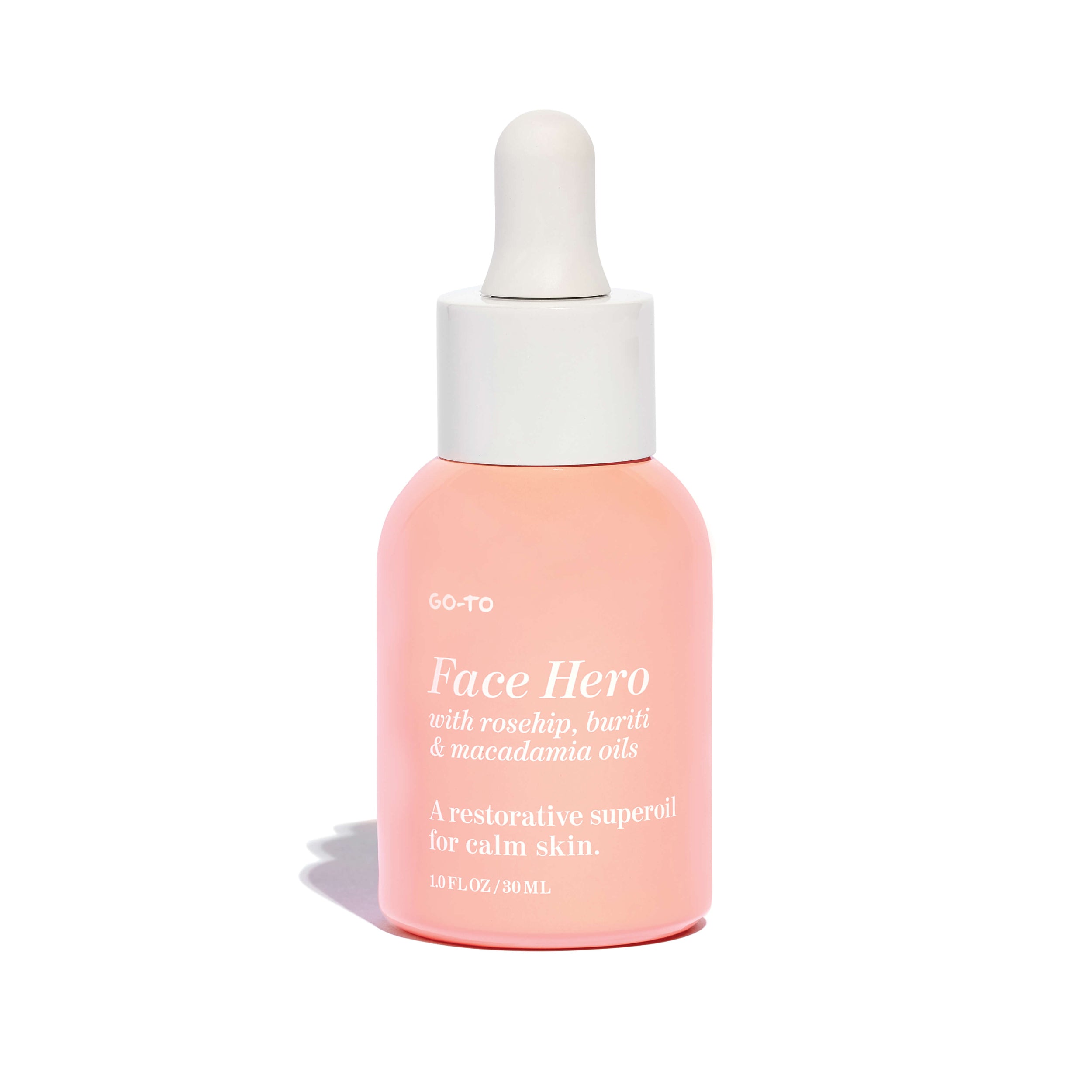
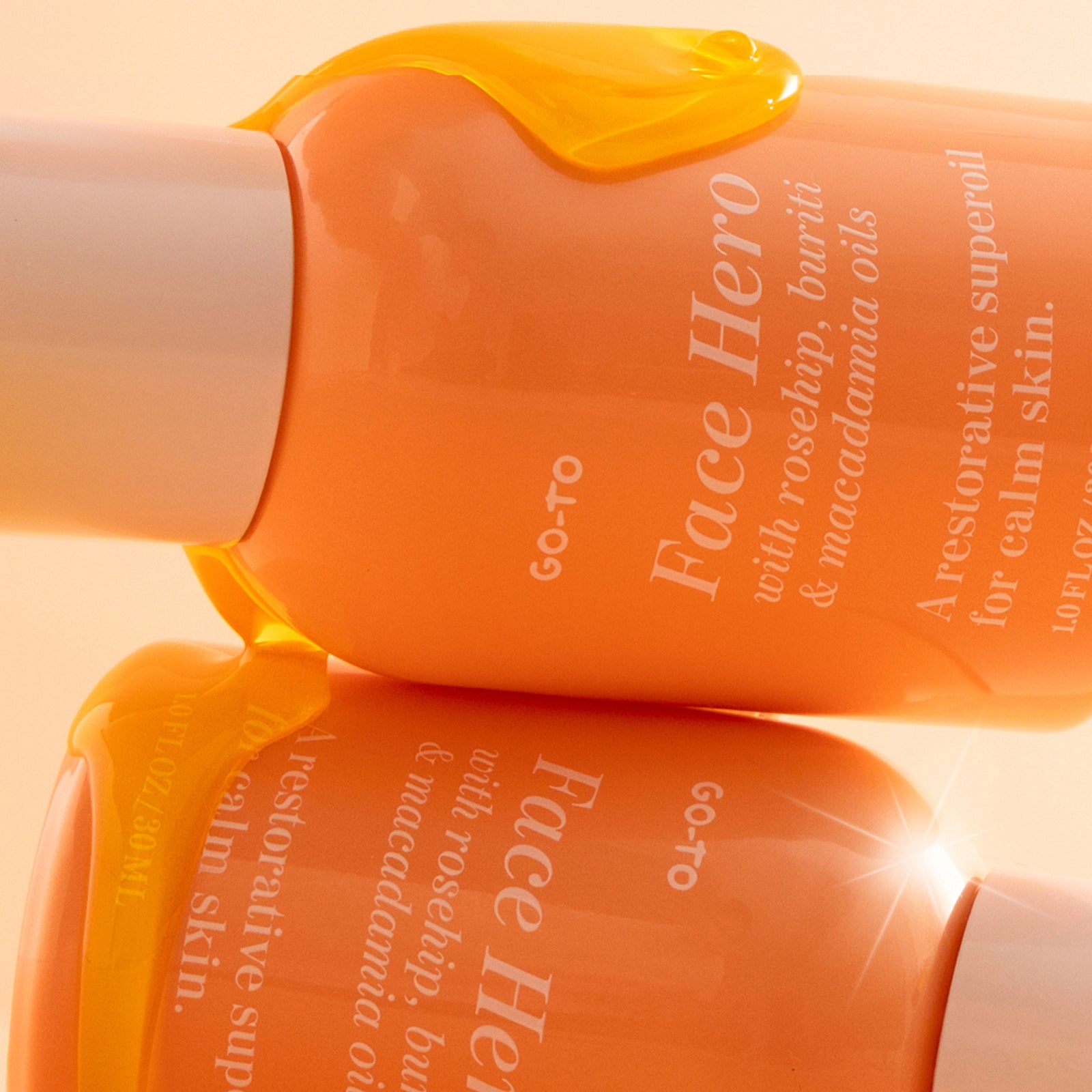
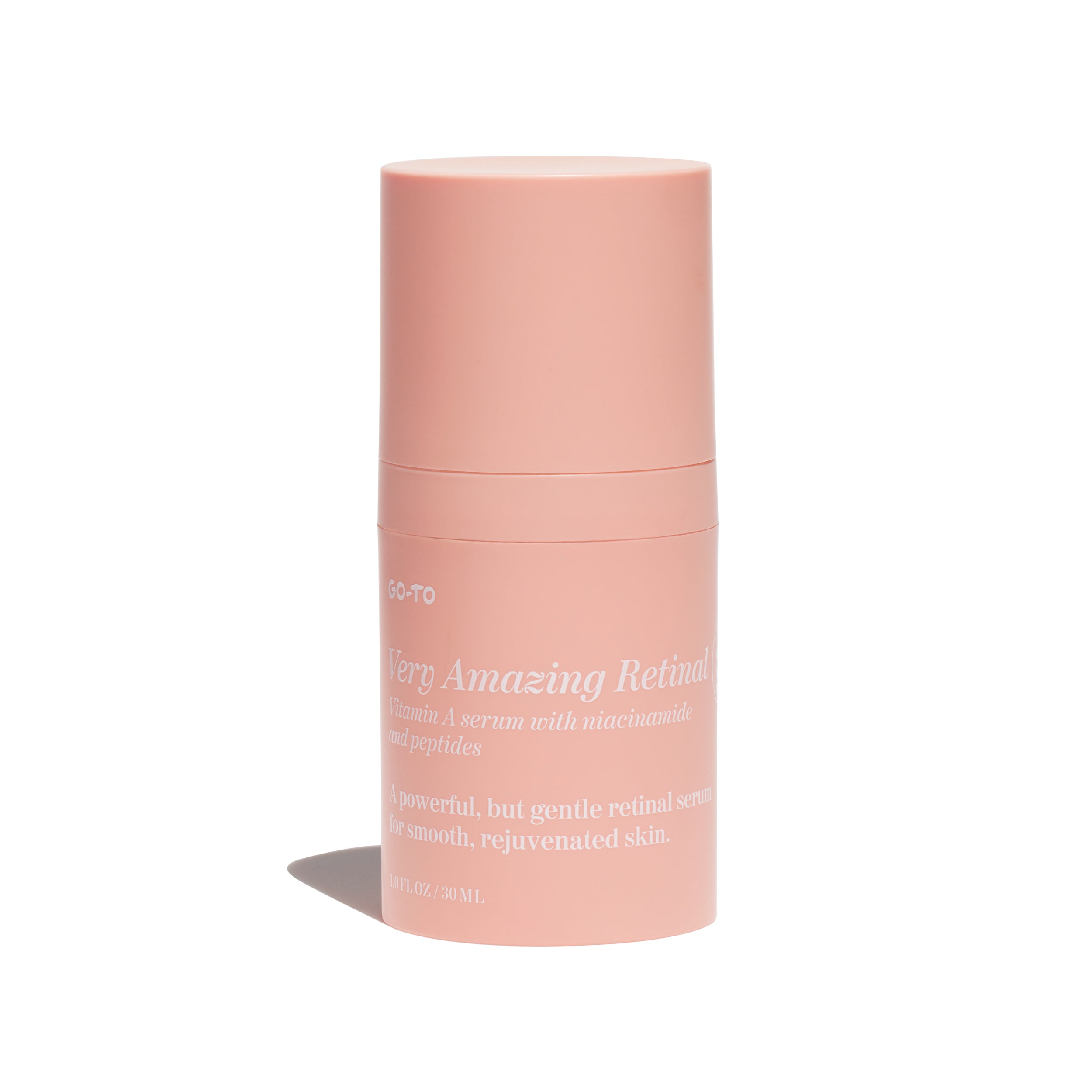
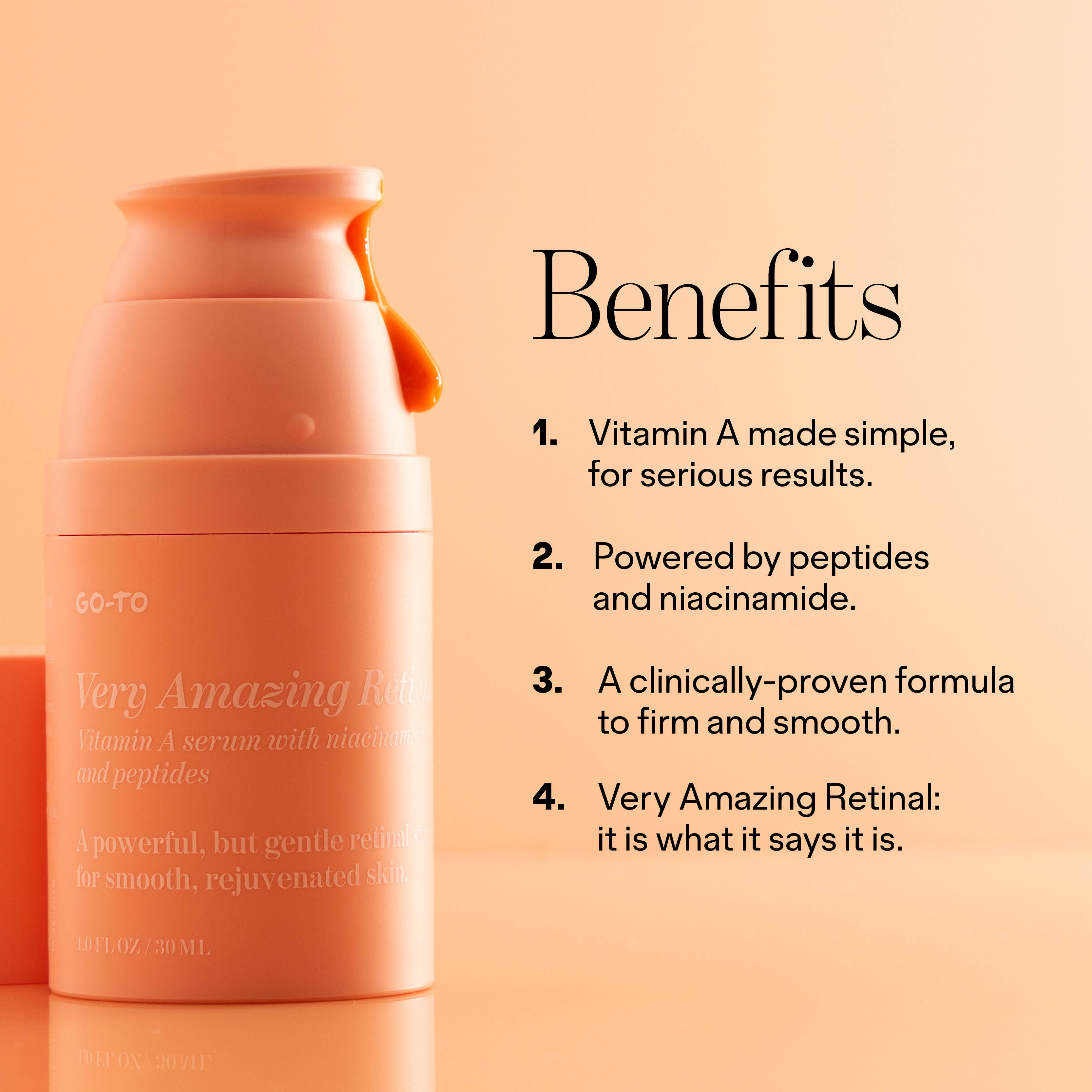
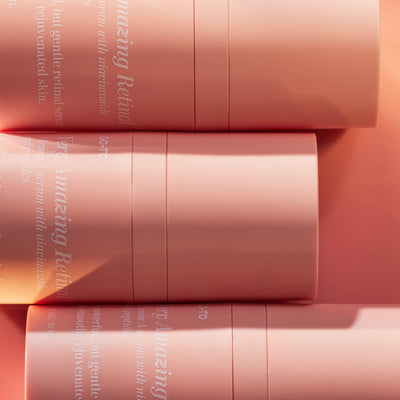
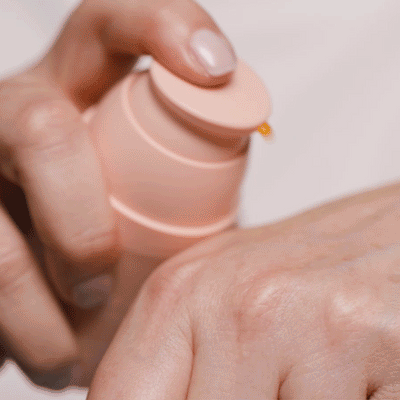
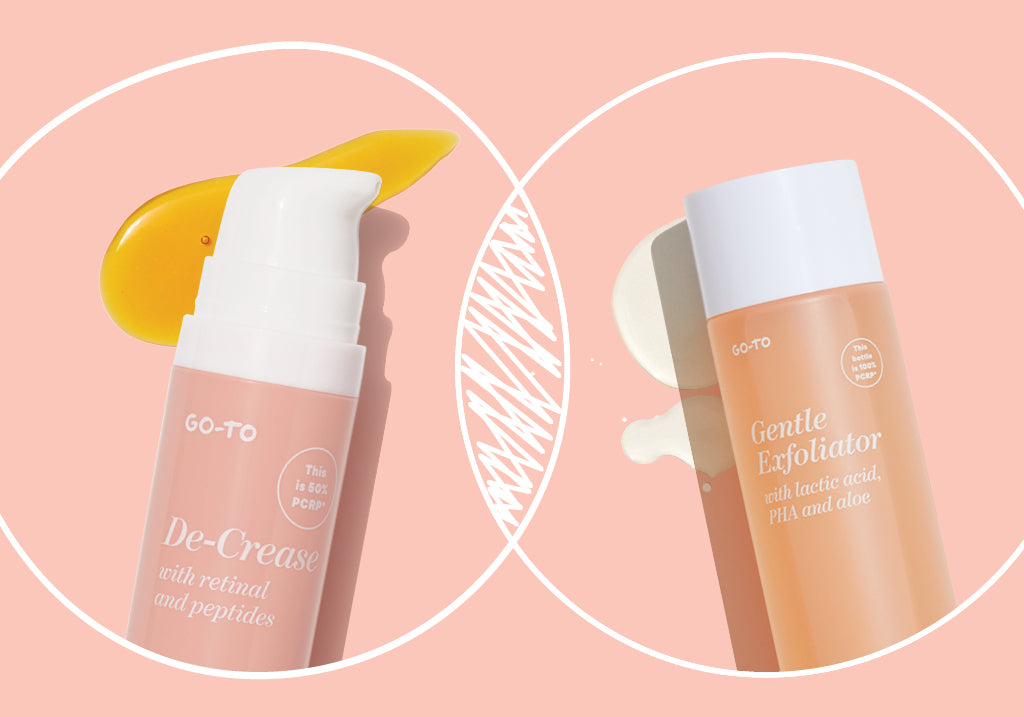



Comments